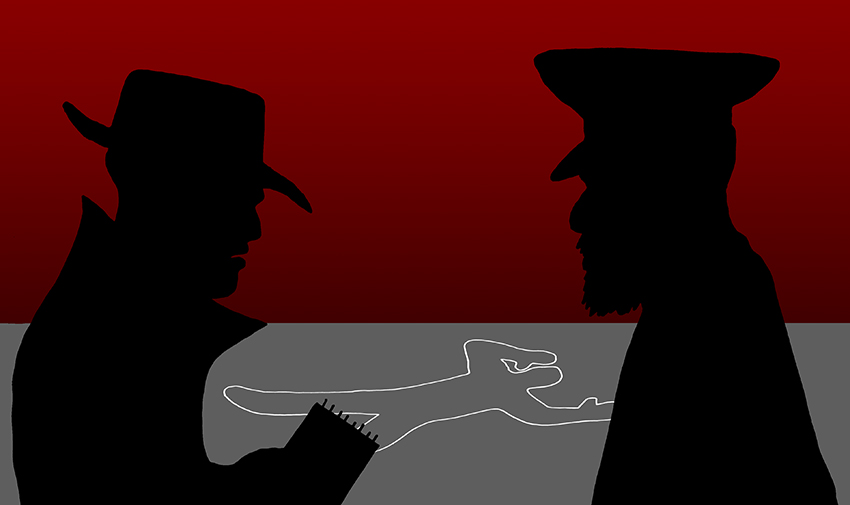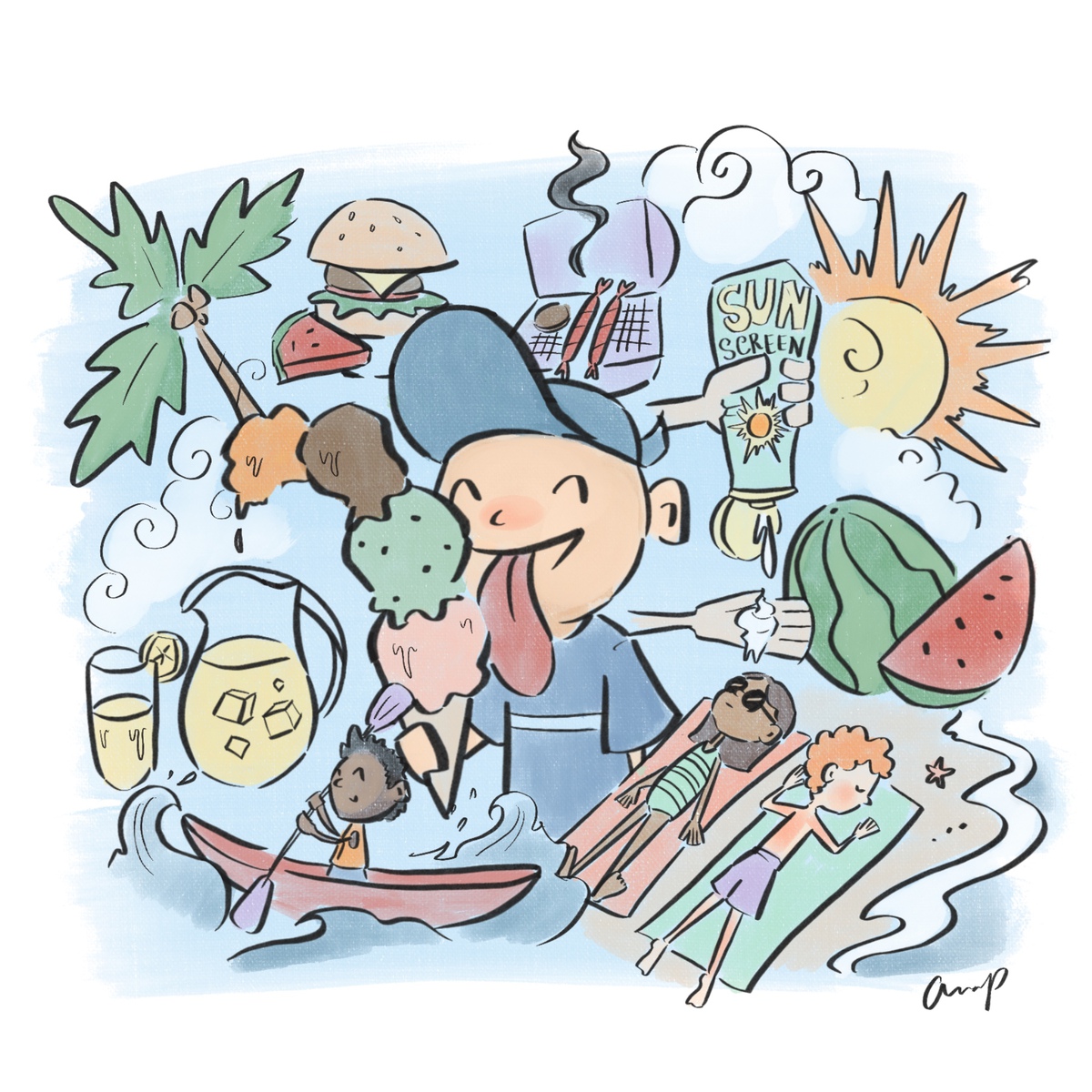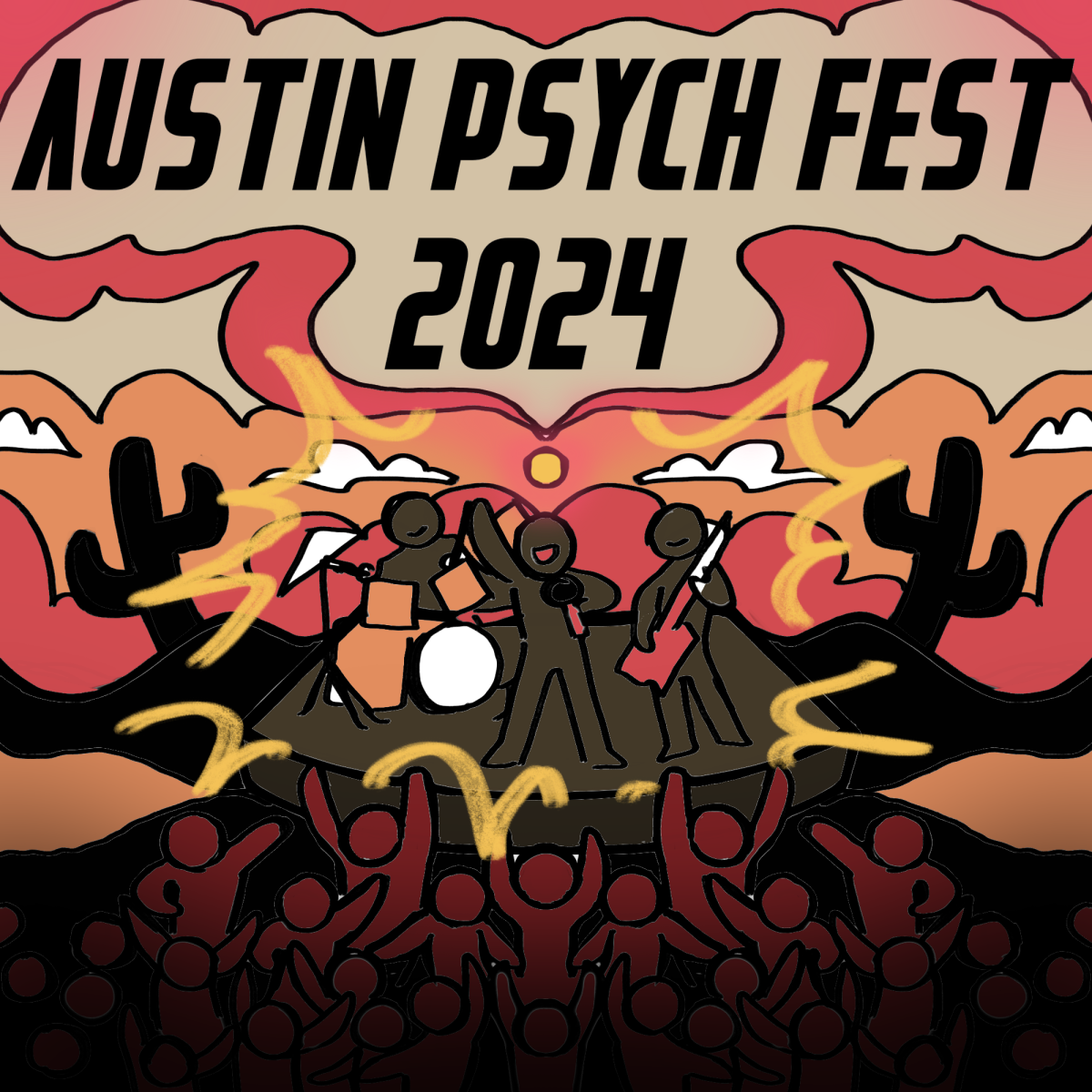Over winter break, the documentary series “Making A Murderer” captured millions of viewers, with audiences turning to social media and online forums to discuss their theories and debate the questionable innocence of the series’ subject, Stephen Avery. But crime shows from long-running hit “Law & Order” to this month’s “American Crime Story” have arrested audiences for years.
The dark themes of these shows fixate on human corruption, death and devastation, often all in the same breath. The large commercial success and devoted cult followings lend a simple explanation for the popularity of this genre: people love to question their morality.
Sociology professor Mark Warr specializes in crime, delinquency and deviance. He said the single most common topic on television in the U.S. is crime. According to Warr, the reason people are drawn to crime-related shows is complicated — he said humans share a fascination with death, mortality and the possibility of danger.
“People take a certain perverse interest in crime partly because we all wonder about death and so many crime shows speak to that in rather gruesome, graphic ways,” Warr said. “In a secular society like ours, where fewer and fewer people believe in God or that world view and science is sort of taking over, we don’t talk about death — but people wonder about it, and they see in crime shows. They see death, they see the harsh realities of how we die. People are fascinated for that reason.”
Themes of forgiveness and human nature tend to permeate crime shows. Warr said they often deal with deep questions about humanity, like whether a man can fundamentally change from “good” to “evil.”
“One of the most popular television shows in the last decade was “Breaking Bad,” and that is exactly the premise of that show — a good high school teacher became bad,” Warr said.
Radio-television-film assistant professor Cindy McCreery said she believes people are usually drawn to dark content because they have a natural impulse to wonder about human motivation. She said there is also something cathartic about indulging in a story so ridden with conflict.
“I think it’s a part of the fantasy of being better,” McCreery said. “If you watch a show like “The Sopranos” or “Scarface,” they’re such bad people, you [know you] would never do those things. But it’s a part of that fantasy of seeing into the life of someone that’s so different from you.”
Chemical engineering and Plan II freshman Joshua Winnert said he watches criminal dramas because he enjoys trying to solve the mysteries they present.
“They’re little puzzles that involve real people,” Winnert said. “I like watching it because you get to figure out who did it.”
Because melodrama is often more intense than real life, McCreery said fiction allows viewers to escape their world and momentarily exist somewhere else.
The nature of fiction allows viewers to project their life into a foreign, unfamiliar realm, McCreery said. Television and film can be an outlet for them to understand themselves more clearly, and the “will they, won’t they” question constantly asked of characters is one viewers often ask themselves too. The rich psychological depth of a character, especially one treading morally gray lines, tends to resonate with an audience.
Complicated, morally-ambiguous characters combined with the suspense and gore characteristic of many popular crime shows create a spectacle that can be irresistible for many viewers.
“A lot of people like being scared,” Warr said. “The media learned a long time ago that people pay attention to crime.”





















